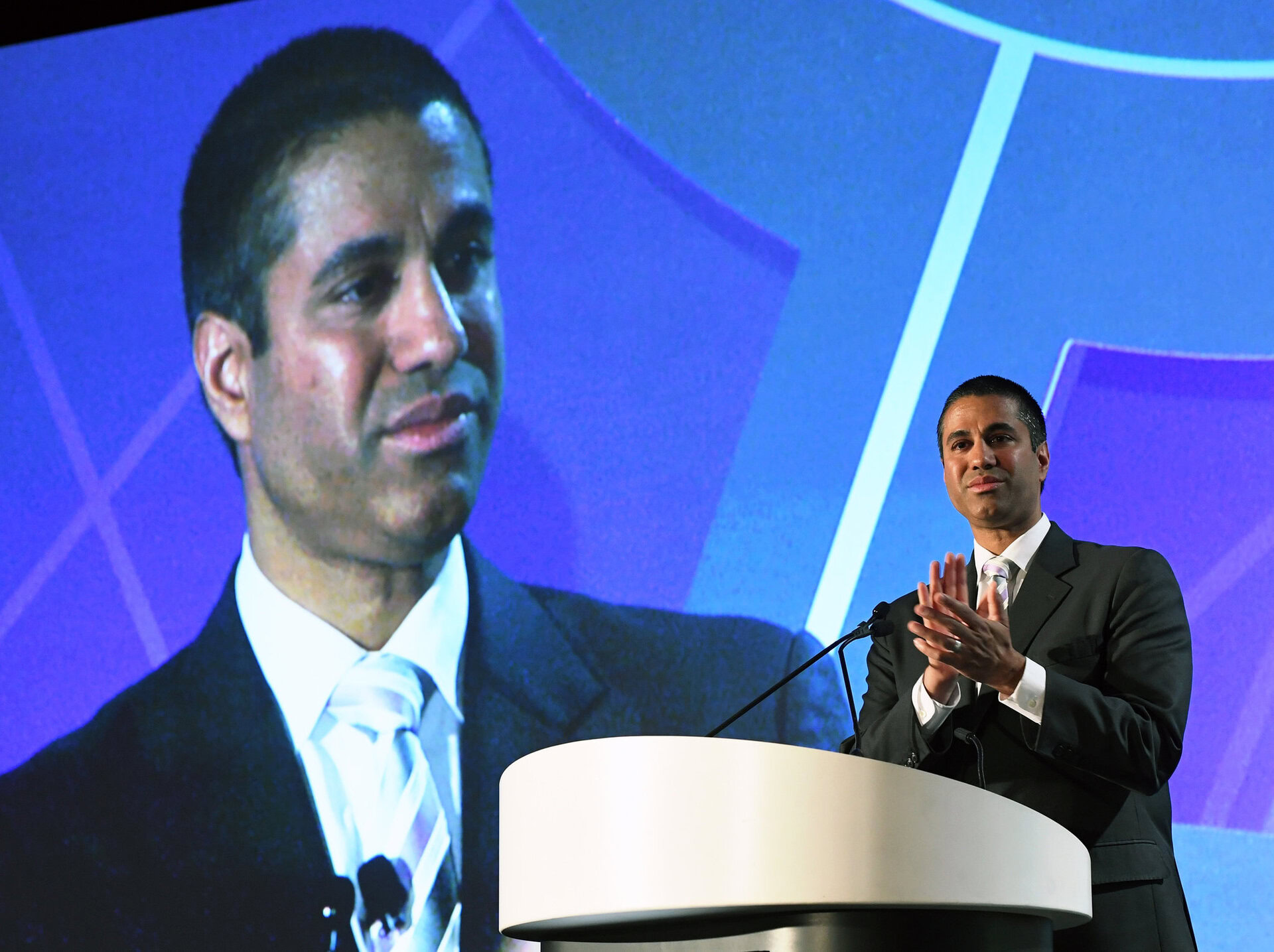Affiliate links on Android Authority may earn us a commission. Learn more.
FCC Chairman wants to end net neutrality, why is it problematic?
Published onApril 27, 2017

Ajit Pai wants to repeal net neutrality, which is likely to be approved given FCC’s Republican majority, but there is bound to be significant opposition. And for good reason.
Donald Trump’s administration is bringing various changes to the tech world, and now, it looks like net neutrality is at stake. Since the appointment of Jeff Eisenach and Mark Jamison – both of whom used to work at AT&T and Sprint respectively – many feared that the Obama-era FCC’s signature achievements would be rolled back in the name of pro-business and pro-growth, and not surprisingly, Pai is at the frontline of it all.
Ajit Pai has been clear since Donald Trump’s election that he would be scaling back some of the regulations around Internet Service Providers (ISPs), and now we have a more concrete idea of what this would entail: during a speech in Washing DC, hosted by the conservative think tank Freedom Works, Pai unveiled his plans to undo the classification of ISPs as “Title II” common carriers and to gut net neutrality.
“It’s basic economics. The more heavily you regulate something, the less of it you’re likely to get,” said Pai, indicating that looser regulations around telecommunications companies in the US would ultimately benefit consumers and promote Internet freedom. Net neutrality is a set of rules passed in 2015, which essentially deems every content equal: under net neutrality, companies cannot collect fees to prioritize certain information, and they are required to treat all information flows in the same manner.
Under net neutrality, companies cannot collect fees to prioritize certain information, and they are required to treat all information flows in the same manner.
However, it’s expected that there will be strong opposition from consumer groups and tech companies. Getting rid of net neutrality will cause some serious issues that could ultimately hurt end-users: for instance, just like the early iPhone days, carriers could have the power to say certain apps (viz Skype) won’t be allowed to run on their networks. Or if a certain site or search engine pays an extra fee to ISPs, their content could be manipulated to load faster or be displayed on top. Thus, it’s not surprising that while carriers like AT&T and Verizon welcome this move, others such as Google, Apple, Amazon, Netflix as well as small tech companies are against it.
If a certain site or search engine pays an extra fee to ISPs, their content could be manipulated to load faster or be displayed on top.
The truth is that given FCC’s Republican majority, Pai’s proposal is likely to pass once voted on May 18; however, experts say that there could be a long battle ahead. After all, net neutrality rules have been approved by a federal appeals court, with the FCC actively advocating for net neutrality since 2014. The Administrative Procedures Act bans federal agencies from going back and forth on a decision in a “capricious” manner, and with strong political opposition, Pai may have a hard time justifying his decision.
What are your thoughts on net neutrality? Let us know in the comments below!